Adler responde a la opinión de Marsh Specialty de que la protección y la indemnización mutua deberían usar sus reservas para absorber las pérdidas, en lugar de imponer aumentos generales.
ESTE ARTÍCULO SE PUBLICÓ ORIGINALMENTE EN INGLÉS AQUÍ
At a recent virtual protection and indemnity conference, a broker urged senior club executives to free shipowners from rate rises and absorb general increases by digging into their free reserves.
Hold on, haven’t we heard this one before?
While any marine broker’s first duty is to look after his shipowner clients’ interests and as such keep their premium spent at the most competitive level, criticising the clubs of holding excess capital and demanding increases should entirely be absorbed by the clubs’ reserves is nothing more than a blunt marketing stunt and oversimplifies the issue.
It is true that $5.5bn, roughly the level of the clubs’ combined free reserves, sounds like an astronomical figure and as such it almost seems logical to call it excessive.
However, wouldn’t we be tempted to say the same if this number stood at, say $4.8bn? What is the “right” level of free reserves?
Obviously, very smart finance executives at the clubs have a technical answer to the question but let us go back and focus again on why the concept of absorbing increases is not a sustainable solution.
For one thing, we ought not to forget that last year the S&P Global Ratings revised four P&I clubs from A stable to A negative. Even Gard, by far the largest mutual, was among these clubs.
Investments saved the day
Contrary to 2019 when free reserves still grew by almost $200m, last year they stayed flat, and would have taken a dive had investment returns not saved the day.
When it comes to financial planning, however, everybody knows that the days of regular and reliant investment returns are gone.
Moreover, 2020 is proving to become the highest on-record pool claim year and the clubs’ combined ratios have deteriorated from an average 117% to 120% during the same period.
One club even features a 149% combined ratio and not a single club produced a mutual (100%) underwriting result.
Last but not least, take Covid-19: the black swan event has held the world hostage, caused tremendous human tragedy and severely impacted shipping. The clubs have played a vital role in assisting shipowners on how to deal with the wave of legal and operational challenges that they and their crew faced and still continue to face.
Most shipowners would agree that the clubs showed utmost flexibility when it came to covering Covid-19-related costs.
Financial muscle
The clubs also took a view and were quick in supporting charterers by awarding Covid-19 cover, despite incoming Covid exclusions on their reinsurance contracts. There is no doubt that the clubs were able to do so because of their financial muscle.
In conclusion, it is clear that clubs have to address their technical underwriting deficits, and balance their books, rather than suppress increases by absorbing losses.
Anything else will weaken the mutual system and doubtlessly lead to an even stronger reaction by the financial ratings agencies.
I am certainly not inviting clubs to simply increase rates but I feel that the their rating models need correcting and poor performers have to pay more into the system.
Also, container vessel P&I rates, generally speaking, still do not reflect their actual risk exposure — we have all seen the massive container vessel losses and these are in turn a burden for tanker and bulker owners.
Digitalisation is the key
With the container market booming, this is the moment to technically address the issue — a development that is already taking place in the hull market.
The clubs also need to up their game when it comes to claims triangulation and reserves, which ultimately determine the level of increases they seek.
Artificial intelligence-driven systems that use past claims data for better claims cost estimation must be embraced widely. Digitalisation and data sharing are key here, as is loss prevention!
Shipowners do not like uncertainty and less so when it comes to their P&I insurers, and that is why shipowner boards agree the current levels of free reserves.
Long-term good performers deserve very competitive P&I premiums and should not be penalised — on that note we agree!
However, simply repeating the same old “clubs should dig into their free reserves and give shipowners a break” tune does not resolve anything and would frankly be counterproductive.

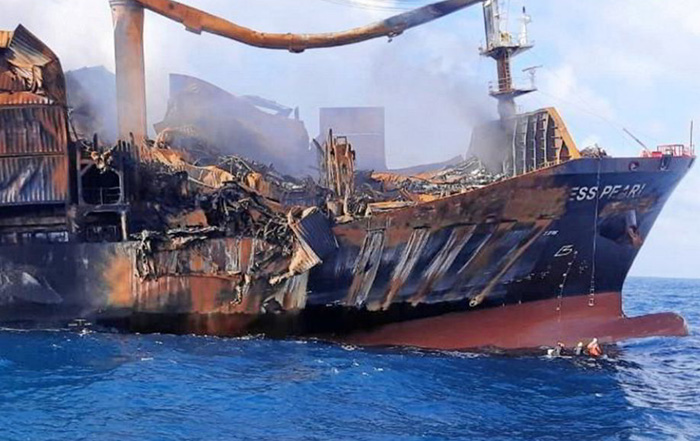
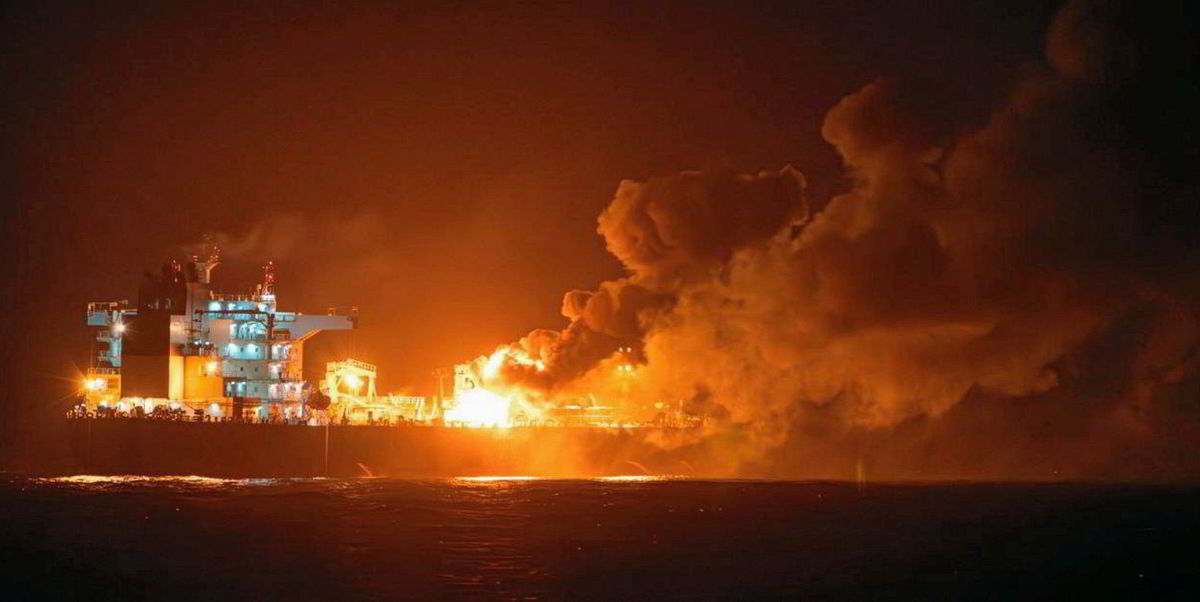
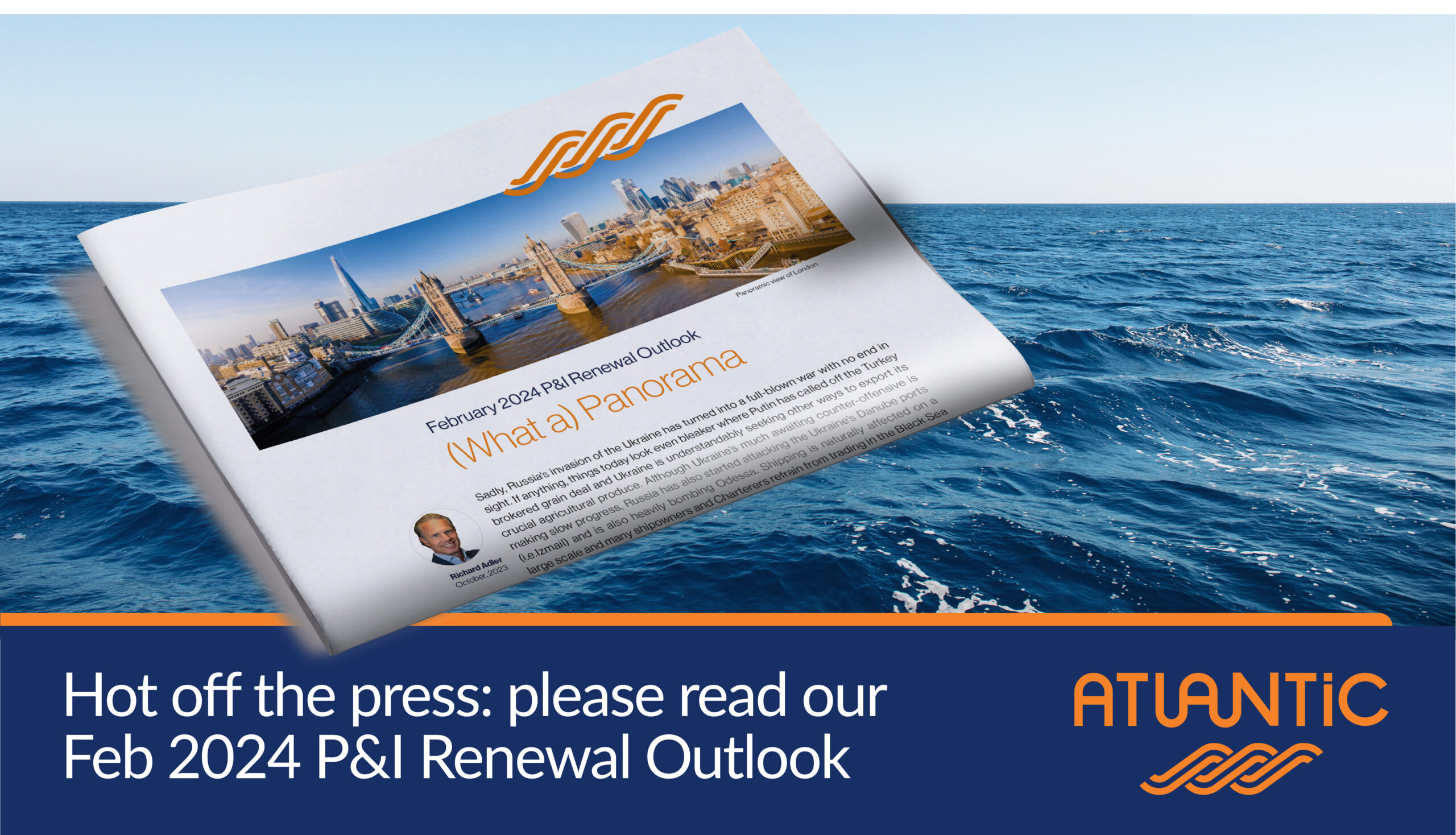
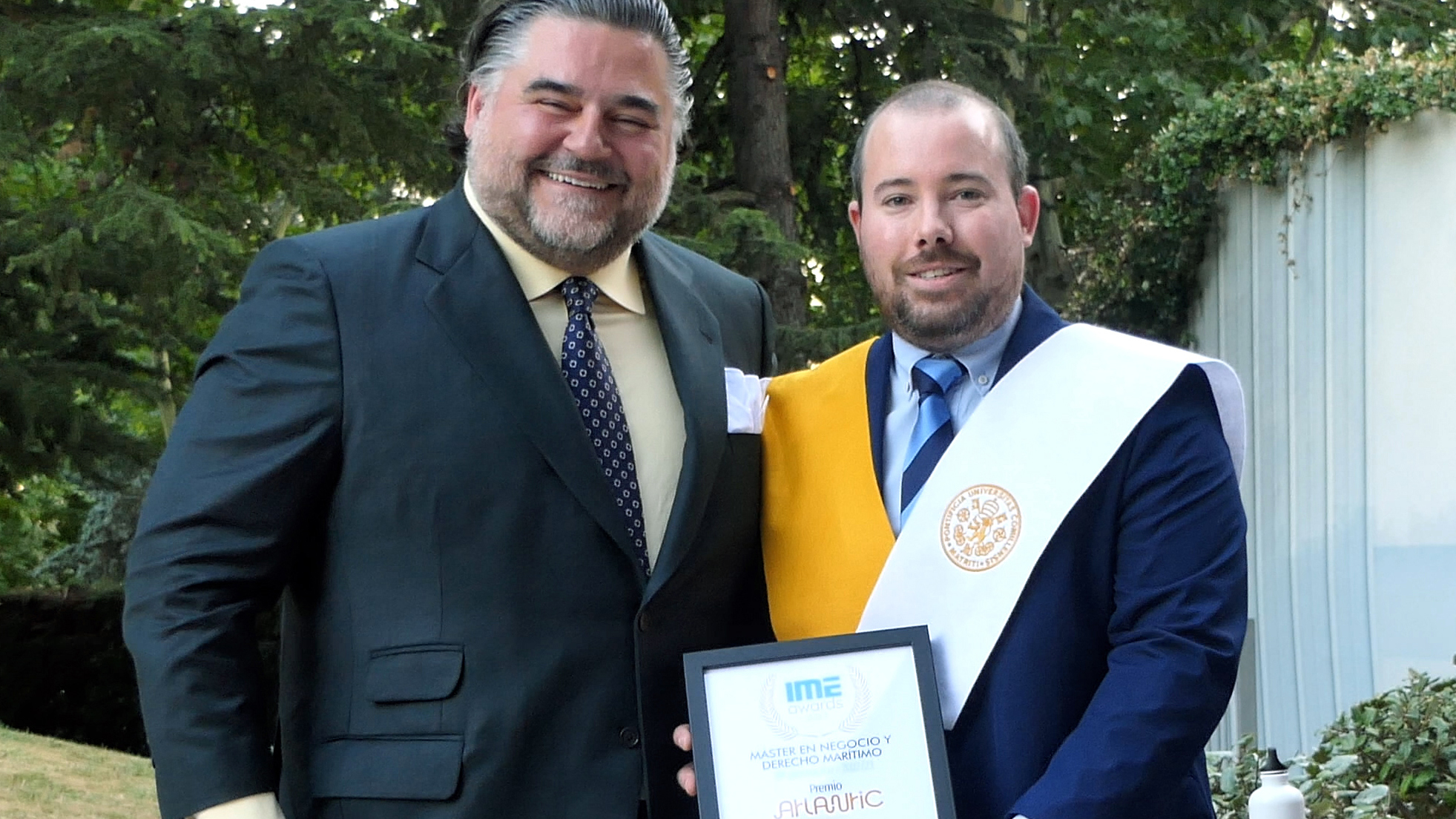
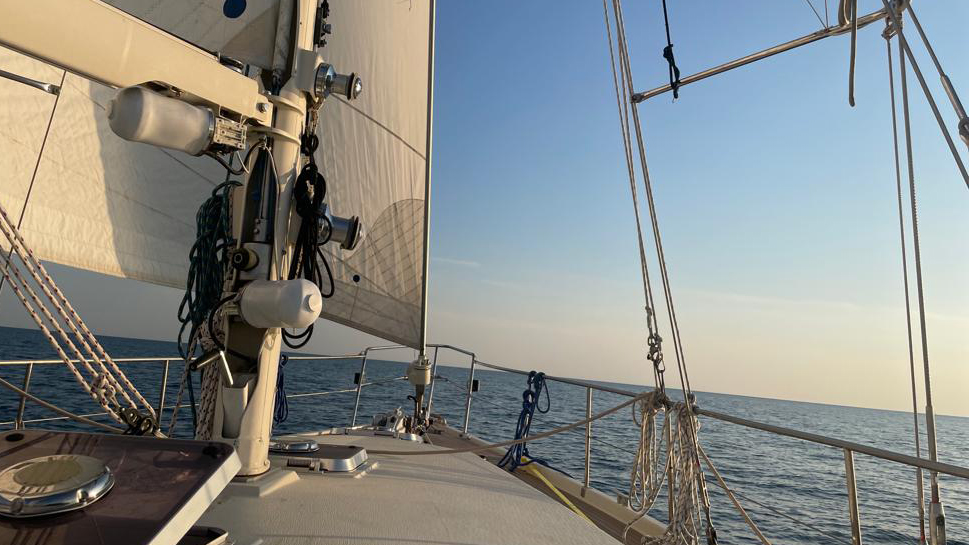
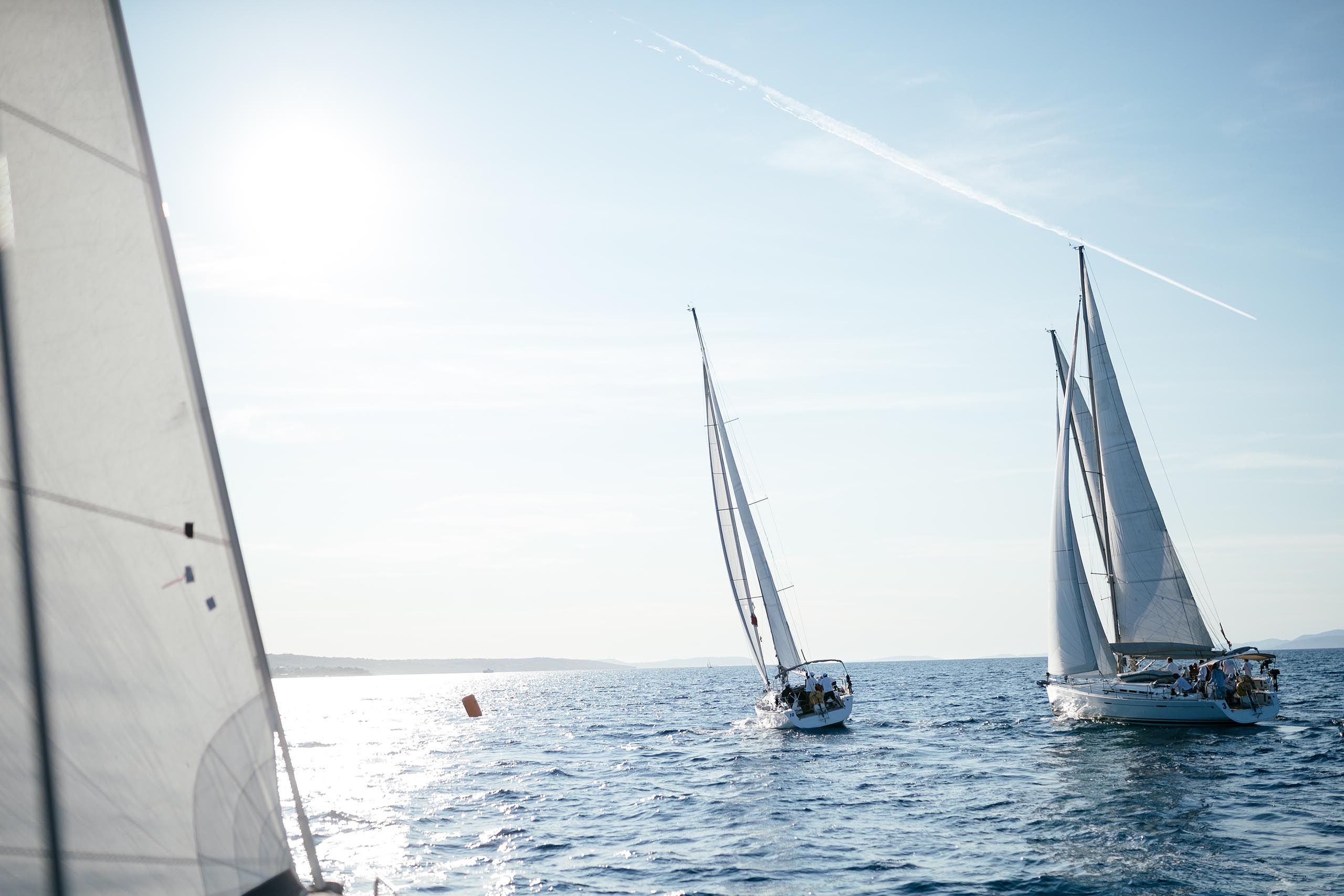

Deja tu comentario